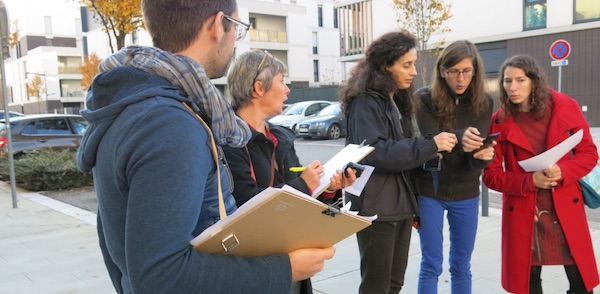As part of the Rendez-vous des réformes 2017-2022 for a new National Assembly, the latter has created 7 working groups, including one devoted to digital democracy and citizen participation.
"In a growing number of countries, representative democracy is coupled with participatory democracy procedures. This involves giving citizens the means to activate procedures (for example, through the right of petition, the right of interpellation, etc.) or to contribute to the work of parliamentary assemblies (for example, through consultation mechanisms or citizens' juries). For the time being, the National Assembly has remained on the sidelines as far as these mechanisms are concerned, with only occasional initiatives having been taken. However, digital tools make it possible to envisage the development of such procedures.Between now and December, this working group willfocus on "determining whether constitutional adjustments should be considered in order to promote and strengthen the possibilities of citizen intervention in political life.
To this end, a public consultation platform has been set up.
A scientific committee has been set up to guarantee the neutrality of the consultation and to validate the methodology, particularly with regard to highlighting the most successful and popular proposals. A charter of the consultation will be published.
At the end of the consultation, a summary of the contributions will be drawn up, under the supervision of the scientific committee.
The citizen's scientific council is composed of Christian Leyrit, president of the National Commission for Public Debate, Emilie Frenkiel, lecturer at the University of Créteil, and Daniel Lebègue, former president of Transparency International France.
Référence :





